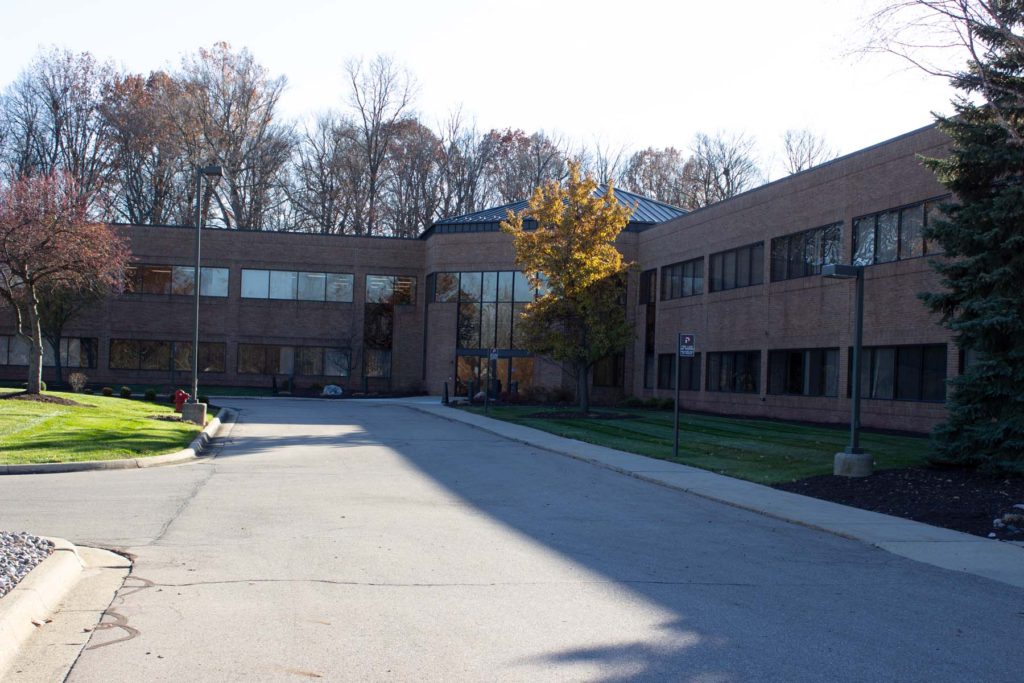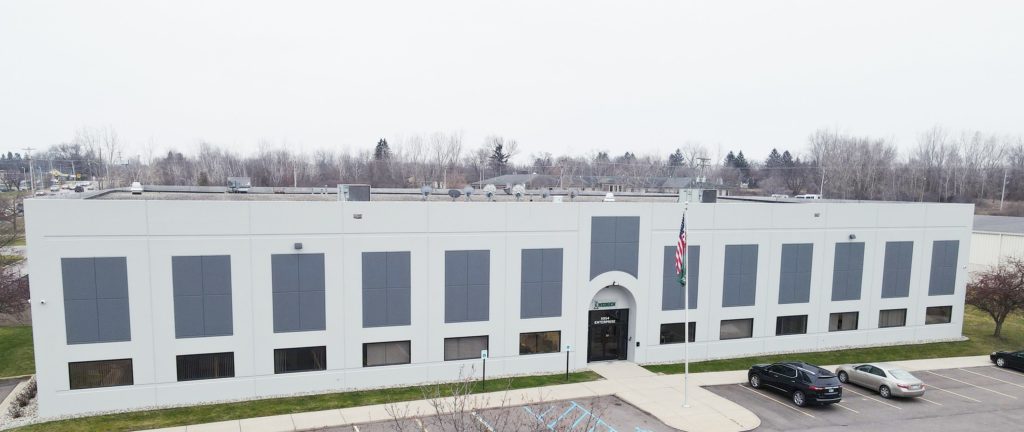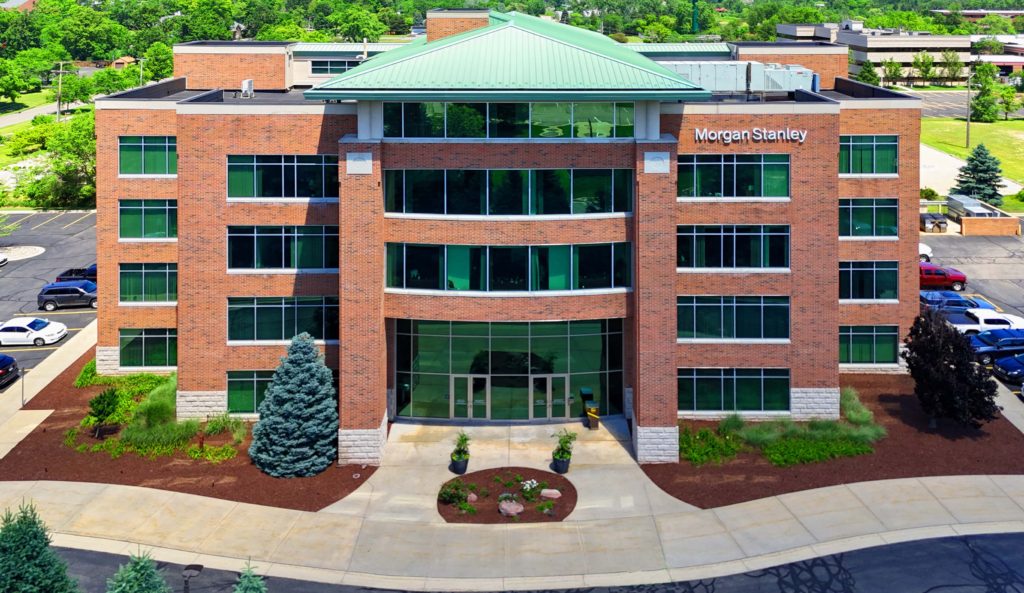
What is Property Management? A Complete Guide for Michigan Property Owners
Property management is the professional oversight of a property’s daily operations and long-term strategy—everything from maintenance and tenant relations to financial performance and compliance. For commercial property owners, effective management safeguards assets, stabilizes income, and improves tenant satisfaction, while keeping pace with evolving regulations, technology, and sustainability expectations.
Introduction to Property Management
Property management refers to the process of overseeing and managing property operations on behalf of the property owner. This role is crucial for ensuring that the property is maintained, occupants are satisfied, and that the property remains compliant with all relevant laws and regulations.
The ultimate goal of property management is to optimize the property’s value and ensure a steady return on investment through efficient operations and tenant management.
Detailed Roles and Responsibilities of a Property Manager
The role of a property manager is diverse and requires a skill set that covers a range of disciplines. Here’s a deeper look at the primary responsibilities entrusted to property managers:
Tenant and Occupancy Management
Managing tenants is central to property management. This includes marketing the property effectively to attract tenants, screening applicants to find suitable occupants, and managing all aspects related to lease negotiations/renewals.
Property managers handle tenant move-ins/outs, rent collection, lease negotiations, and renewals. They also manage tenant complaints and conflicts, ensuring that solutions are provided swiftly and amicably. Within this is the expectations for property amenities, services and technology, as well as issues with tenant leases and break clauses.



Maintenance and Property Upkeep
A well-maintained property retains its value and appeals to potential tenants. Property managers are responsible for both routine and preventative maintenance, which includes regular inspections and fixing issues ranging from plumbing problems to aesthetic updates.
They must also respond to emergency repair needs, ensuring that qualified professionals are engaged to handle various issues as they arise.
Financial Management and Budgeting
Property managers are tasked with managing the financial aspects of the property. This includes setting and collecting rent based on market rates, creating and adhering to a property budget, and maintaining comprehensive records of all financial transactions.
Effective financial management also involves optimizing operating costs and making strategic decisions to increase income and reduce expenditures. This need to take into account inflationary impacts, such as rising operating costs with utilities, insurance and labor. This also covers debt service and interest rate scenarios, incentives, and lifecycle cost analyses on upgrades.
Compliance and Legal Issues
Navigating the myriad of legal requirements associated with property management is another critical responsibility.
Property managers must ensure that the property adheres to the ever-changing local, state of Michigan, and federal regulations, including housing laws, health and safety standards, and any specific legalities pertaining to rental agreements. They must also stay informed about new laws and regulations that could affect property operations.
The Strategic Benefits of Effective Property Management
Effective property management offers several strategic advantages that contribute to the financial and operational success of a property:
- Risk Reduction: By ensuring compliance with legal standards and effectively managing tenants and maintenance, property managers reduce the likelihood of legal issues and potential financial losses.
- Value Enhancement: Through proactive maintenance and upgrades, property managers can enhance the physical and perceived value of the property, making it more attractive to tenants and investors.
- Improved Tenant Retention: Satisfied tenants are more likely to renew their leases, leading to lower turnover rates and reduced vacancy periods.
Technological Innovations in Property Management
The integration of technology into property management has brought about significant improvements in how properties are managed. Digital tools and platforms now allow for automated rent collection, real-time property monitoring, and efficient tenant communication.
Advanced software solutions facilitate property management tasks such as tracking repair requests, managing property finances, and compiling compliance documentation. Additionally there are now developments in AI and machine learning for predictive property maintenance, tenant demand forecasting and lease default risk.
Sustainability in Property Management
Sustainability practices are increasingly important in property management. Implementing green initiatives, such as energy-efficient upgrades, sustainable waste management practices, and water conservation measures, not only reduces the environmental impact of properties but also attracts environmentally conscious tenants and reduces operating costs. The weather in Michigan is constantly changing. Strong property management means being able to stay on top of climate trends in terms of water migtation, roof issues, storm situations and HVAC costs.
Final Thoughts
Property management plays a pivotal role in the real estate industry by ensuring properties are efficiently operated, facilities are well-maintained, compliance is maintained, and tenant satisfaction is high.
The field continues to evolve with advancements in technology and a greater emphasis on sustainability, shaping the future of property management to be more efficient, responsible, and tenant-focused.
If you are in need of property management services for your commercial property, Martin Commercial Properties can help. Get in touch to learn more.